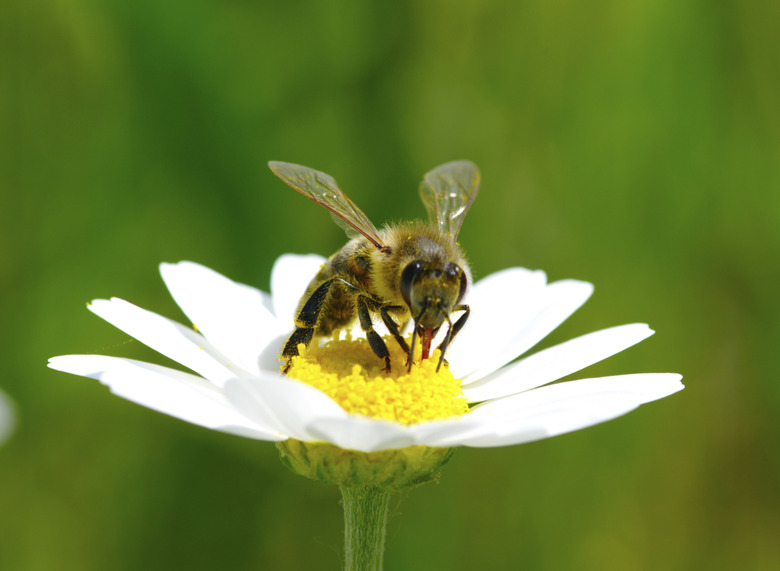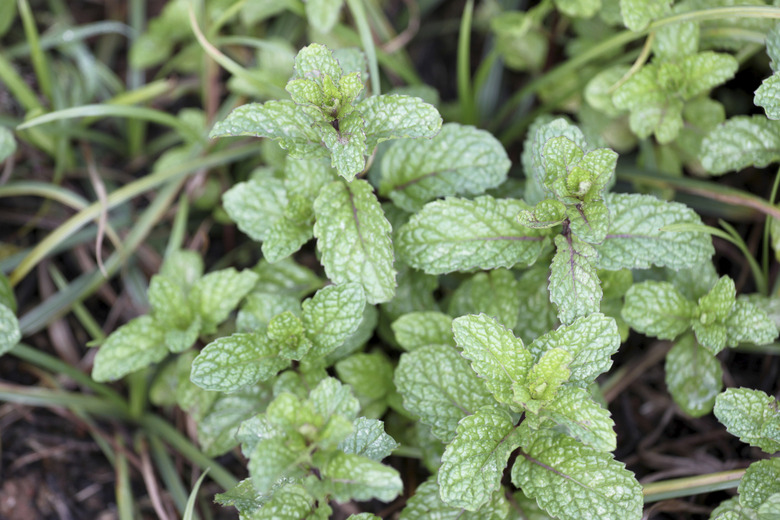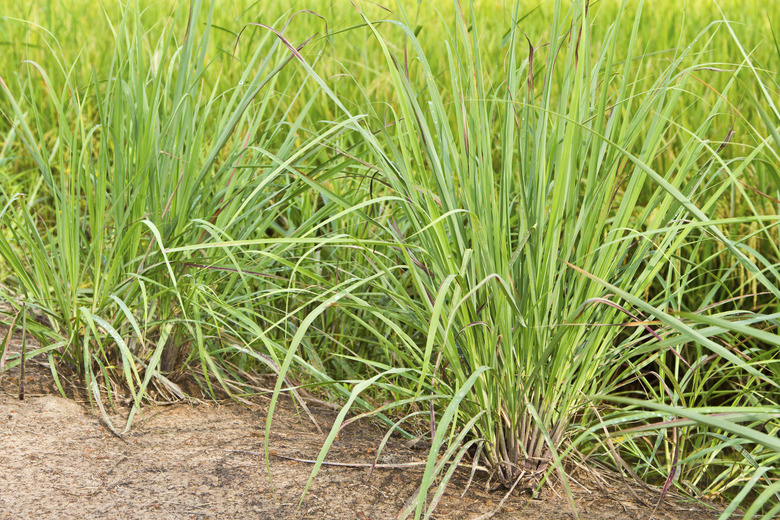Plants That Keep Wasps Away
Since wasps, also known as yellow jackets, prey on many insects that destroy plants, not many plants have evolved to repel them. However, if wasps are a nuisance to you, and you prefer a natural method over chemical pesticides, there are a few plants that act as a repellent. If you do plan on using these natural repellents, be sure to note their other effects in the garden before you begin planting.
Mint
Mint has a lush green appearance, gives a pleasant aroma, can be used dried or fresh for cooking, or as a key ingredient in the old-fashioned summer-time drink, a mint julep. Alongside these uses, mint and mint oil are also very effective wasp deterrents. A very hardy plant that grows well in sun or shade, it is advised to plant the invasive herb in pots or frequently prune them, lest they take over the entire garden.
Wormwood
Wormwood, also called Artemisia, is a boxy shrub that has insecticidal properties. Dried wormwood cuttings spread on soil will act as an insect deterrent, a satchel of wormwood leaves will keep moths away, and planting a border of wormwood will create a wasp-free area. Its use dates as far back as 1600 B.C. in Egypt. Be careful when planting wormwood. Wormwood can inhibit the growth of nearby plants. Plant wormwood in well drained soil, in full sun or partial shade, far away from beans, anise, fennel, sage and peas.
Lemongrass
As with wormwood, lemongrass (Cymbopogon citrates) has natural insecticidal properties, repelling mosquitoes and wasps. It works equally as well planted in pots or picked and scattered in an area where you want to repel mosquitoes. The tall, narrow leaves have a sharp lemon fragrance and taste which make them useful in the kitchen. The herb is used in many popular Thai dishes, and its leaves can be brewed into a light flavored tea. The herb grows easily with a lot of sun in moist, fertile soil.
References
- Garden Guides: Plants That Act as a Wasp Repellent
- Golden Harvest Organics: Companion Planting: Wormwood or Artemisia
- "Your Backyard Herb Garden;" Miranda Smith; 1999



